
Education
-
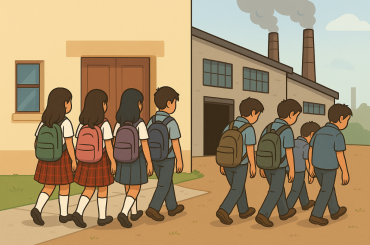
Rolling back Progresa: What happened when Mexico’s landmark cash transfer programme ended?
The sudden rollback of Mexico’s landmark conditional cash transfer programme—Prospera, formerly Progresa—affected boys’ educational outcomes disproportionately, offering lessons for policy retrenchment worldwide.
-

Best buys meet political realities: The political economy of education research
Why do policymakers choose education reforms that aren’t supported by evidence? And how can researchers work with them to implement interventions with better outcomes? These are thorny questions often faced by education researchers and stakeholders w...
-
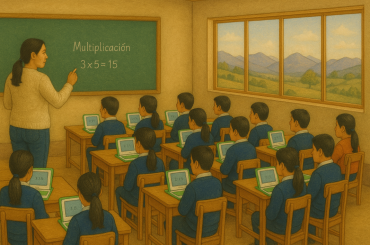
One Laptop per Child: Lessons from a long-term follow up
Long-term research on the One Laptop per Child programme reveals that providing laptops to students did not have a positive impact on educational outcomes, likely driven by lack of effects on cognitive skills and limited classroom adoption.
-
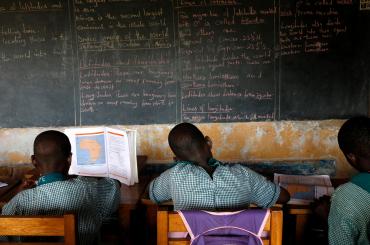
Expanding secondary education in Uganda: A pathway to women's empowerment
Despite the increased access to primary education in sub-Saharan Africa, secondary school enrolment and completion remains low. Evidence from Uganda reveals that universal secondary school policies can play a transformative role in women’s empowermen...
-
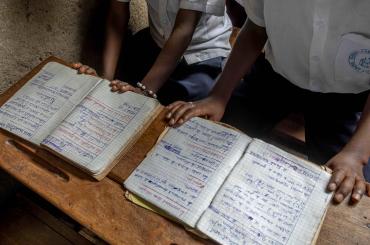
Turning idle textbooks into learning gains in fragile states
Can taking textbooks home improve student learning when resources are highly constrained? New research from fragile areas in the Democratic Republic of the Congo suggests it can.
-

Pedalling towards gender equality and empowerment
In Bihar, India and in rural Zambia, the government introduced programmes to address gender gaps in education by providing adolescent girls with bicycles for their commute to school. Discussing the immediate and long-term impacts of these initiatives...
-
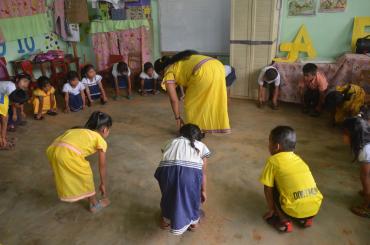
Boosting academic success and cultural identity among Indigenous students in Panama
Indigenous students worldwide face significant educational barriers. In Panama, the Ngäbe-Buglé students score among the lowest on national assessments. The JADENKÄ programme, an innovative intercultural bilingual initiative, was launched to address ...
-
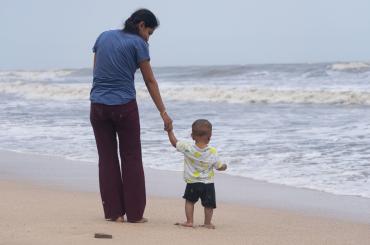
The challenges of improving parenting practices at scale
Home visitation and group meeting parenting programmes have improved child development in low- and middle-income countries, but are too expensive to be delivered at large scale. Evidence from India shows that a programme using automated phone calls w...
-
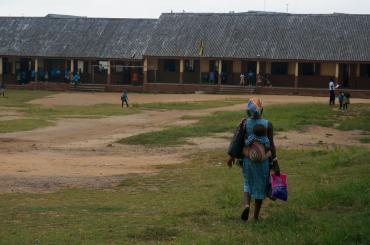
Subsidising secondary education has huge benefits, for this generation and the next
As countries in Sub-Saharan Africa debate the costs and benefits of subsidising secondary education, a 15-year RCT in Ghana finds large multi-generation impacts.